Table of content
Barley tea, known as boricha in Korean, mugicha in Japanese, and dàmài chá in Chinese, is a caffeine-free herbal infusion celebrated for its nutty flavor, soothing aroma, and myriad health benefits. Brewed from roasted barley grains, this beverage has been a staple in Asian households for centuries, prized for its ability to quench thirst, aid digestion, and provide a comforting alternative to traditional teas. Yet, despite its simplicity, achieving the perfect cup of barley tea hinges on one critical factor: time. How long should you boil barley tea to unlock its full potential without compromising its delicate balance of flavor? This comprehensive guide delves into the science, culture, and practical steps behind brewing barley tea to perfection, ensuring every sip is a testament to patience and precision.
The Foundations of Barley Tea
Before diving into brewing techniques, it’s essential to understand what barley tea is and why it has become a beloved beverage worldwide. Unlike green or black tea, which originate from the Camellia sinensis plant, barley tea is made solely from roasted barley grains. The roasting process caramelizes the natural sugars in the barley, imbuing the tea with its signature toasty, slightly sweet flavor. This roasting also neutralizes enzymes that might cause bitterness, ensuring a smooth finish.
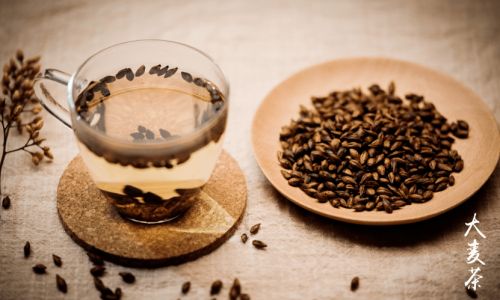
Barley tea’s popularity stems from its versatility. It can be enjoyed hot in winter, iced in summer, and even used as a base for cocktails or desserts. Moreover, its caffeine-free nature makes it an ideal choice for children, pregnant individuals, or those sensitive to stimulants. Health-conscious consumers also appreciate its potential benefits, including antioxidants, vitamins, and minerals like selenium and manganese, which support immunity and metabolic function.
The Brewing Dilemma: To Boil or Not to Boil?
The debate over how long to boil barley tea often splits enthusiasts into two camps: those who advocate for a vigorous boil and those who prefer a gentle simmer. The truth lies somewhere in between, influenced by factors like barley type, desired strength, and cultural traditions.
Roasted vs. Unroasted Barley
The roasting level of your barley grains directly impacts brewing time. Lightly roasted barley, often used in Korean boricha, requires longer boiling (15–20 minutes) to extract its full flavor. Darker roasts, common in Japanese mugicha, need less time (10–15 minutes) to avoid bitterness. Pre-packaged barley tea bags, typically made from finely ground roasted barley, may only need 3–5 minutes of steeping after boiling.
Whole Grains vs. Crushed Grains
Whole barley grains retain their shape during brewing, necessitating longer exposure to heat to release flavor. Crushed or powdered barley, often found in tea bags, has a larger surface area, speeding up extraction. This means whole grains may require 20–30 minutes of simmering, while crushed variants can be ready in 10–15 minutes.
Desired Strength
Personal preference plays a pivotal role. For a mild, subtle flavor, 10 minutes of boiling followed by 5 minutes of steeping suffices. For a robust, full-bodied brew, extend boiling to 20–25 minutes, allowing the barley to fully hydrate and release its essence.
Step-by-Step Brewing Guide
Method 1: Traditional Stovetop Brewing
-
Measure Your Barley:
- Use 1/4 cup of whole roasted barley grains or 2–3 barley tea bags per liter of water.
- Adjust quantities based on desired strength: more barley for a richer taste, less for a lighter brew.
-
Rinse the Barley (Optional):
Rinse whole grains under cold water to remove dust or debris. This step is unnecessary for tea bags.
-
Boil the Water:
Bring 1 liter of fresh, filtered water to a rolling boil in a stainless steel or enamel pot. Avoid aluminum, as it may impart a metallic taste.
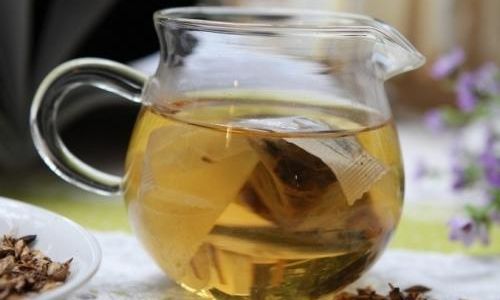
-
Add the Barley:
Reduce heat to medium-low and add the barley. If using whole grains, stir gently to prevent sticking.
-
Simmer and Steep:
- Whole Grains: Simmer for 15–20 minutes, then cover and steep for an additional 5–10 minutes off the heat.
- Tea Bags: Simmer for 5–7 minutes, then remove from heat and steep for 3–5 minutes.
-
Strain and Serve:
- Pour the tea through a fine-mesh strainer or cheesecloth to remove solids.
- Serve hot, or chill in the refrigerator for 2–3 hours for iced barley tea.
Method 2: Cold Brew (No Boiling Required)
For a smoother, less astringent flavor, cold brewing is an excellent alternative:
- Combine 1/4 cup whole roasted barley with 1 liter of cold water in a pitcher.
- Refrigerate for 8–12 hours.
- Strain and serve over ice.
Common Mistakes to Avoid
-
Overboiling:
Boiling barley tea for longer than 30 minutes can lead to bitterness, as tannins are released. Monitor your pot closely and set a timer. -
Using Too Much Barley:
Excess barley can overwhelm the tea’s natural flavors. Start with the recommended ratio and adjust gradually. -
Ignoring Water Quality:
Chlorinated tap water may alter the taste. Use filtered or spring water for the purest flavor. -
Reheating Leftovers:
Reboiling barley tea can concentrate tannins, resulting in a harsh aftertaste. Instead, brew fresh batches or dilute leftover tea with cold water.
Cultural Variations in Brewing Time
Barley tea’s preparation varies across regions, reflecting local tastes and traditions:
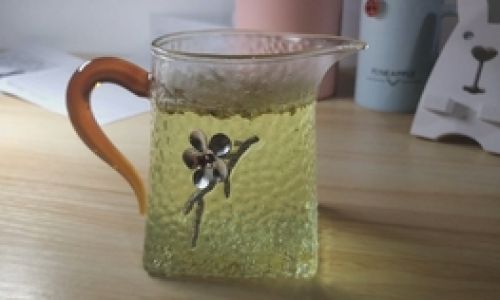
- Korea: Boricha is traditionally brewed with whole barley grains, simmered for 20–30 minutes to achieve a deep amber hue and robust flavor.
- Japan: Mugicha often uses crushed barley or tea bags, brewed for 10–15 minutes to preserve its light, refreshing character.
- China: Barley tea may include additional ingredients like chrysanthemum or goji berries, with brewing times adjusted to accommodate these additives.
The Science Behind Steeping Time
Brewing barley tea is a delicate dance of heat and extraction. Roasted barley contains complex carbohydrates, starches, and proteins that dissolve at specific temperatures. Boiling water (100°C/212°F) breaks down these compounds, releasing sugars, amino acids, and volatile aromatic compounds. However, prolonged boiling can degrade delicate flavor molecules, leading to bitterness.
The Maillard reaction, which occurs during roasting, creates hundreds of flavor compounds, including pyrazines (nutty), furans (caramel-like), and maltol (sweet). Proper steeping time ensures these compounds are extracted without overpowering the tea’s natural balance.
Enhancing Flavor: Additives and Pairings
While barley tea is delightful on its own, experimentation can elevate its profile:
- Citrus: A squeeze of lemon or orange brightens the nutty base.
- Honey or Agave: A drizzle of sweetener balances bitterness in darker roasts.
- Herbs: Mint, lemongrass, or ginger add complexity.
- Milk: A splash of oat or almond milk creates a creamy latte-style drink.
Health Benefits and Brewing Time
The duration of brewing also influences the tea’s nutritional content. Shorter brews retain more vitamins and antioxidants, as prolonged heating can degrade heat-sensitive compounds like vitamin C. However, certain polyphenols and minerals require longer exposure to fully dissolve. For optimal health benefits, aim for a 15–20 minute brew—a compromise between flavor and nutrition.
Storing and Reusing Barley Grains
After brewing, don’t discard the barley grains! They can be repurposed in several ways:
- Second Infusion: Add fresh water and reboil for a milder second batch.
- Compost: Barley residues enrich soil with nitrogen.
- Cooking: Use cooked barley in soups, salads, or as a rice substitute.
Troubleshooting Guide
- My Tea Tastes Bitter: Reduce brewing time by 5 minutes or use lighter roasted barley.
- It’s Too Weak: Increase barley quantity or extend simmering time.
- Cloudy Appearance: Strain through a coffee filter or cheesecloth to remove fine particles.
Conclusion: The Joy of Patience
Brewing barley tea is an act of mindfulness—a reminder that good things come to those who wait. While the “ideal” brewing time may vary, the key lies in understanding your ingredients, trusting your palate, and embracing the subtle nuances of each batch. Whether you prefer a bold, roasted elixir or a delicate, golden infusion, mastering the art of barley tea rewards you with a beverage that nourishes body and soul. So, next time you ask, “How long should I boil barley tea?” remember: the answer is not in the clock, but in the cup.
Final Tip: Experiment! Keep a brewing journal to track times, temperatures, and flavor profiles. Over time, you’ll develop a recipe as unique as your taste buds. Cheers to the perfect cup!
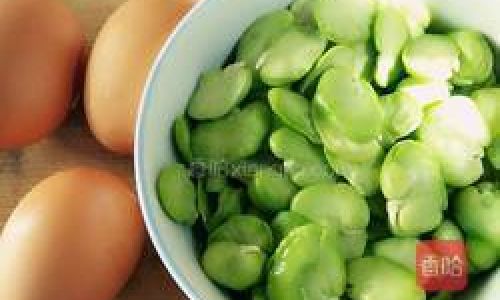
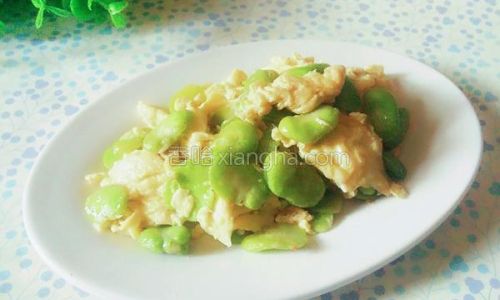
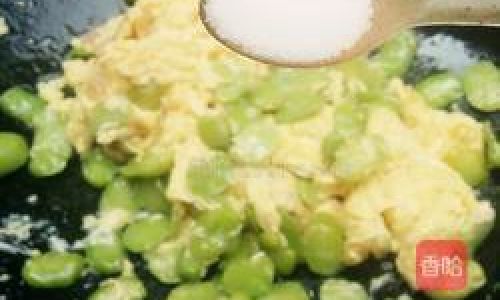
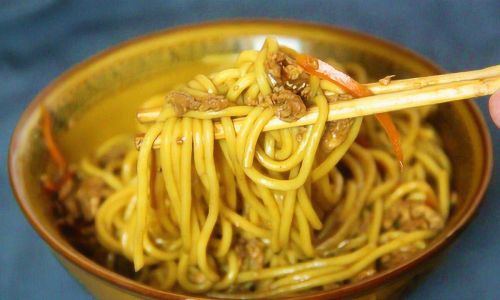

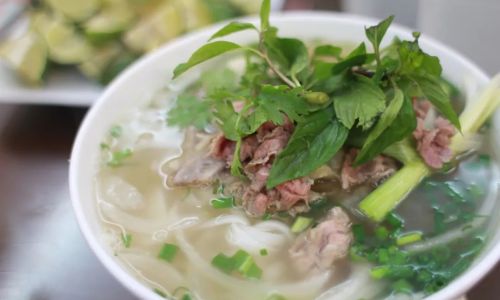
0 comments